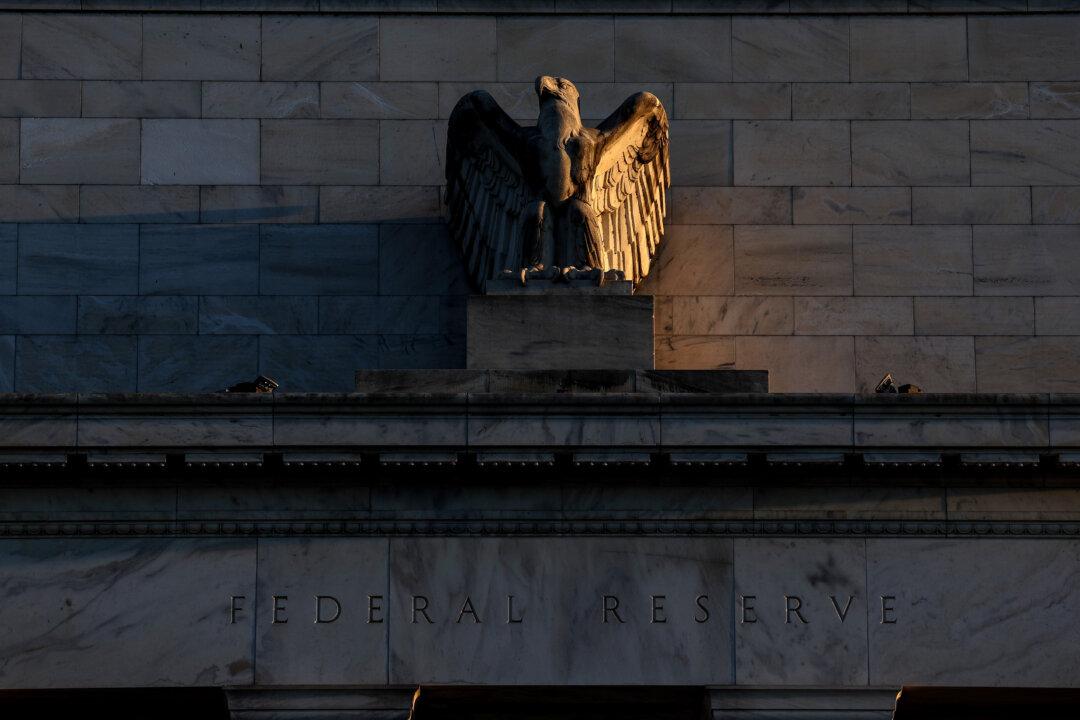An anti-central bank digital currency (CBDC) sentiment filled the halls of Congress this week as House Republican lawmakers filed new legislation and held a hearing grappling with the issue of digitizing the U.S. dollar.
House Majority Whip Tom Emmer (R-Minn.) reintroduced the Central Bank Digital Currency Anti-Surveillance State Act on Sept. 12, a bill that restricts the Federal Reserve (Fed) and member banks from issuing a digital dollar and using it to construct monetary policy.





